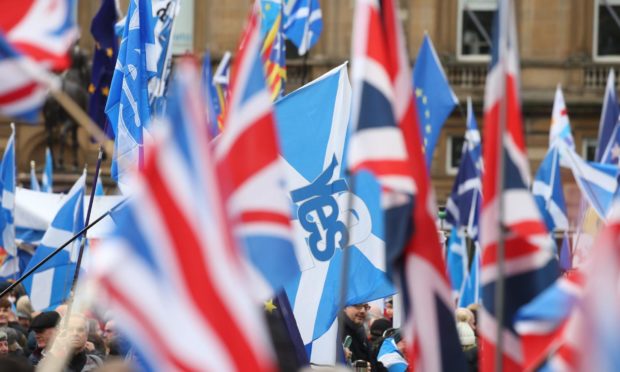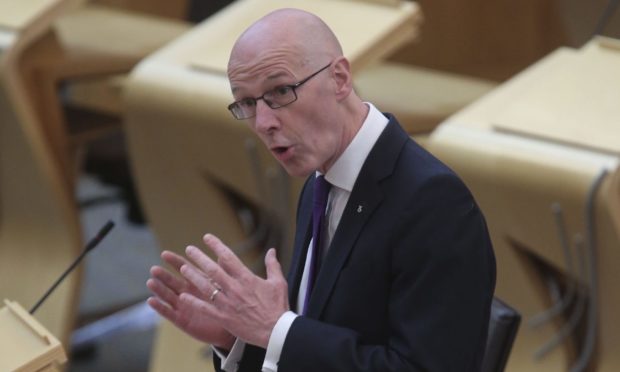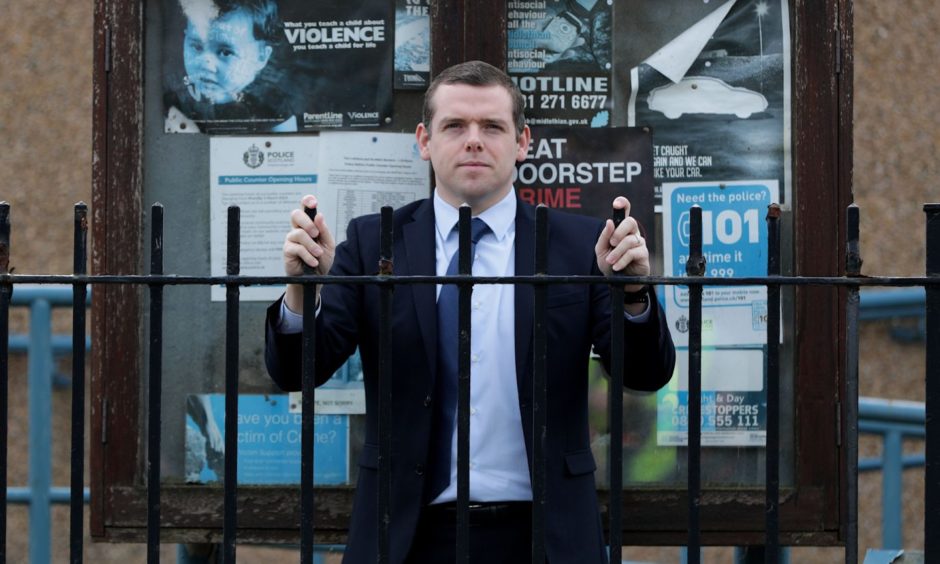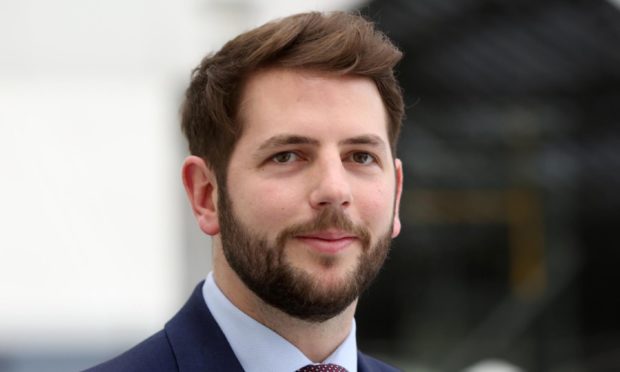Deputy First Minister John Swinney says a second Scottish independence referendum could be held when the country begins to see “signs of recovery” from the Covid-19 pandemic.
Mr Swinney agreed with First Minister Nicola Sturgeon, who said she would hope a vote on Scotland’s future should be held within within the first half of the next five-year parliamentary term.
He told the BBC’s Good Morning Scotland this was a “reasonable timescale” and added that he wants to see people in Scotland “decide how the country should recover”, suggesting the country could vote on independence before a full recovery takes place.
Mr Swinney said: “I don’t want the recovery in Scotland to be one designed by Boris Johnson in London, which entrenches inequality within our society.
“I want people in Scotland to be able to decide how the country should recover, how we should tackle that fundamental inequality, how we should use our resources, how we should enable individuals to participate in our society to be productive contributors to our society and to do that we need to have the powers of independence.”
When pressed on when this could be, Mr Swinney told the BBC it could take place once the country “gets to a position of stability on the handling of Covid” but would not be drawn on a more specific timescale than that provided by Ms Sturgeon.
Douglas Ross criticises remarks
Scottish Conservative leader Douglas Ross said there is “absolutely no way” the SNP can focus on the country’s recovery while also campaigning for a second independence referendum.
Speaking to journalists at the launch of his party’s infrastructure plans on Friday, he said: “It is incredible that senior members of the SNP and within the Scottish Government still think it’s acceptable that at any stage in our recovery that we should look to divide the country all over again and separate Scotland from the rest of the United Kingdom.”
“While the SNP seem to try to minimise reference to independence on some of their leaflets recently, it was abundantly clear from the SNP manifesto that they will seek to do that in the first half of the next parliament, that means in the next couple of years.”
Attainment gap
The deputy first minister was also questioned on his government’s failure to close the attainment gap, which he said was a “long term endeavour” and not one that could have been achieved in the last parliament.
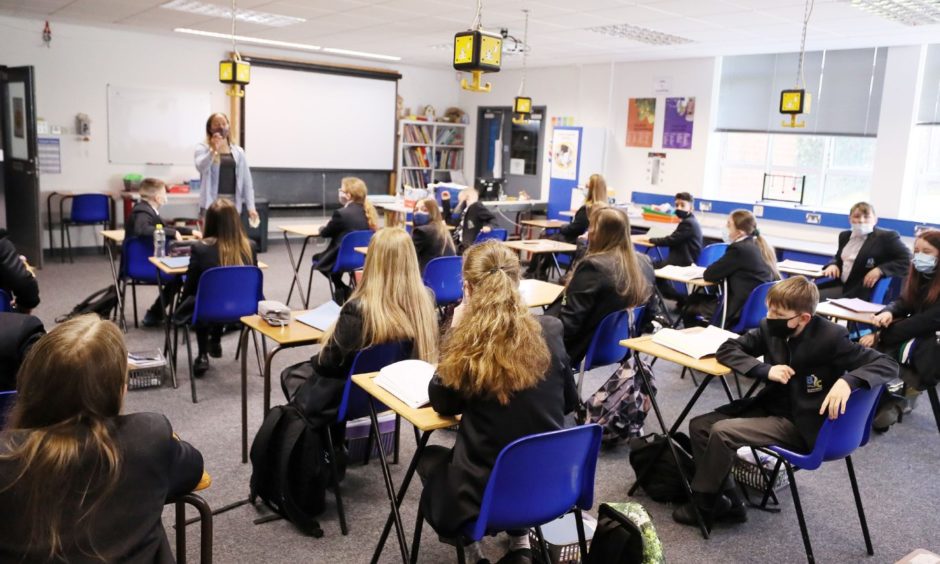
But Mr Swinney said the SNP had narrowed the attainment gap at National 5 by a third and at Higher by a fifth, and “more young people are leaving with more qualifications than when the SNP came to office in 2007”.
He added: “We’ve said it would take longer than one parliamentary term. We’ve used one parliamentary term to make the significant progress I have recounted but one of the issues we’ve got to bear in mind with the poverty-related attainment gap is that if we have a UK Government taking decisions which are forcing more young people and families into poverty then our challenge will just get greater in an ongoing basis.”
‘Desperate stuff’
Fergus Mutch, SNP candidate for Aberdeenshire West, said: “This is desperate stuff from a party which has absolutely nothing to offer Scotland at this election but petty, negative soundbites.
“People in the North East are turning away from the Tories and their dreadful campaign – and no wonder, when Douglas Ross’s party is risking jobs and devastating our fishing industry with a hard Brexit, stripping powers from our Parliament, and putting our NHS on the table.
“The SNP has an ambitious vision for Scotland, while the Tories want to put a cap on that ambition and leave Scotland’s recovery from Covid in the hands of Boris Johnson.
“Only giving both votes to the SNP will re-elect Nicola Sturgeon as first minister and deliver the strong leadership and bold, progressive policies Scotland needs as we move from pandemic into recovery.”
